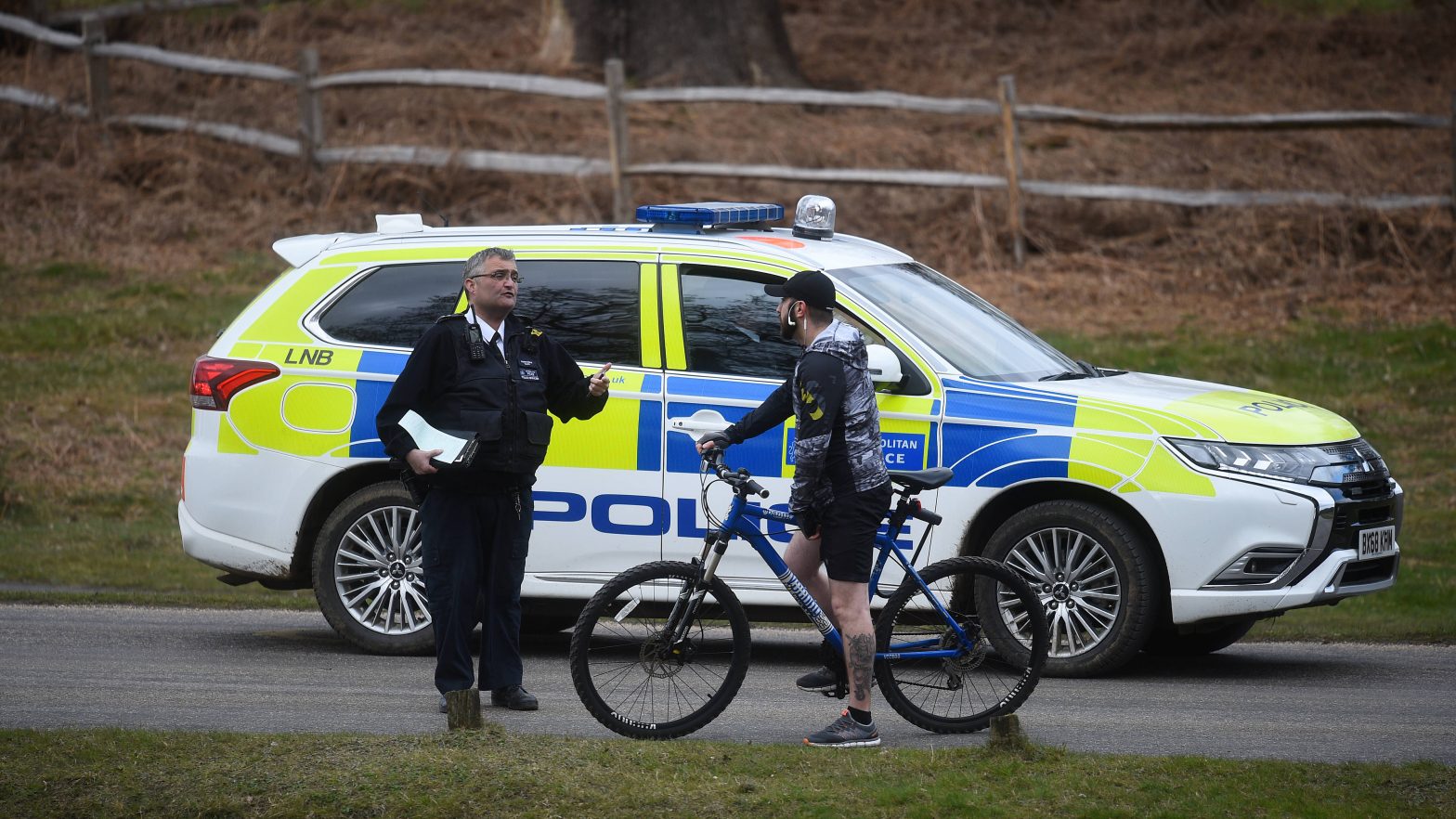The police are doing a fantastic job on the front-lines of this crisis, and deserve a huge amount of respect, gratitude and empathy from the general public. What is already a massively demanding job has been made much tougher due to the COVID-19 outbreak. It is no surprise that the Thursday public clapping for the NHS, which now takes place every week, is filled with people rallying together in support of the police as well as the NHS, and all the other frontline workers.
Rules about socialising during the COVID-19 lockdown:
Individuals will only be allowed to leave their home for the following very limited purposes:
- shopping for basic necessities, for example food and medicine, which must be as infrequent as possible
- going out for one form of exercise a day, for example a run, walk, or cycle – alone or with members of your household
- any medical need, or to provide care or to help a vulnerable person
- travelling to and from work, but only where you cannot work from home
You cannot meet friends or family who do not live with you.
Participating in gatherings of more than two people in public spaces is also not permitted except in very limited circumstances, for example, where it is for essential work purposes.
How can the police enforce these rules?
To ensure people stay at home and avoid non-essential travel, if members of the public do not comply the police may:
- instruct them to go home, leave an area or disperse
- close businesses which remain open when they do not qualify as essential
- detain someone to be tested if they are believed to be infected with COVID-19
- ensure parents are taking necessary steps to stop their children breaking these rules
- issue a fixed penalty notice of £60, which will be lowered to £30 if paid within 14 days
- issue a fixed penalty notice of £120 for second time offenders, doubling on each further repeat offence
Individuals who do not pay a fixed penalty notice under the regulations could be taken to court, with magistrates able to impose unlimited fines.
If an individual continues to refuse to comply, they will be acting unlawfully, and the police may arrest them where deemed proportionate and necessary.
The police have said they are following ‘The Four E’s: Engage. Explain. Encourage. Enforce.’
These four E’s broken down are as followed:
- Engage with people – ask them why they are out
- Explain the law and the need to be inside, stressing the risks to public health and the NHS
- Encourage them to go home if they have no reasonable excuse
- Enforce only as a last resort
It must be said, the police are there to keep us all safe. There must be clear rules for everyone, and everyone must do their best to follow them.
But remember, it isn’t against the law for you to leave your home!
Police cannot order you to go home if you are out helping someone else with their care, off to the doctor, or carrying out another public service. You are even allowed to go shopping for other people, who are unable to do so themselves.
It is important to note that it is not a crime to leave your home to flee harm – for example, domestic abuse. There is further government guidance on what to do in a domestic abuse situation here.
The National Police Chiefs Council has urged people to use their common sense – by thinking about whether they should leave home. And it wants officers to exercise their discretion by focusing on the law’s aim and purpose: to keep people safe.
Can the police take their authority too far?
It is not uncommon for people to feel victimised by the police, and these people must be given a fair chance to voice their issues surrounding the way police have treated them.
Common complaints are:
- Police have used excessive force
- Police have discriminated against someone due to their race/ethnicity
- Police have misunderstood a situation
- Police have taken action you deem incorrect
It is important to report issues such as these if you have experienced them. We all have the right to challenge police, but it must only be done through the proper channels.
Have questions, or feel like you have been treated unfairly by police? Contact us!
We are operating as usual, and you can reach us on 020 7928 0276 or email in to info@lisaslaw.co.uk.
Or, why not download our free app today? You can launch a new enquiry, scan over documents and much more.
If you have an iPhone, follow this link to download.
If you use an Android phone, follow this link to download.
Find the link here if you need some further instructions on how to use our new app!




Now that many people are using smart phones, we can consider mobile phone positioning through wireless networks or base stations.